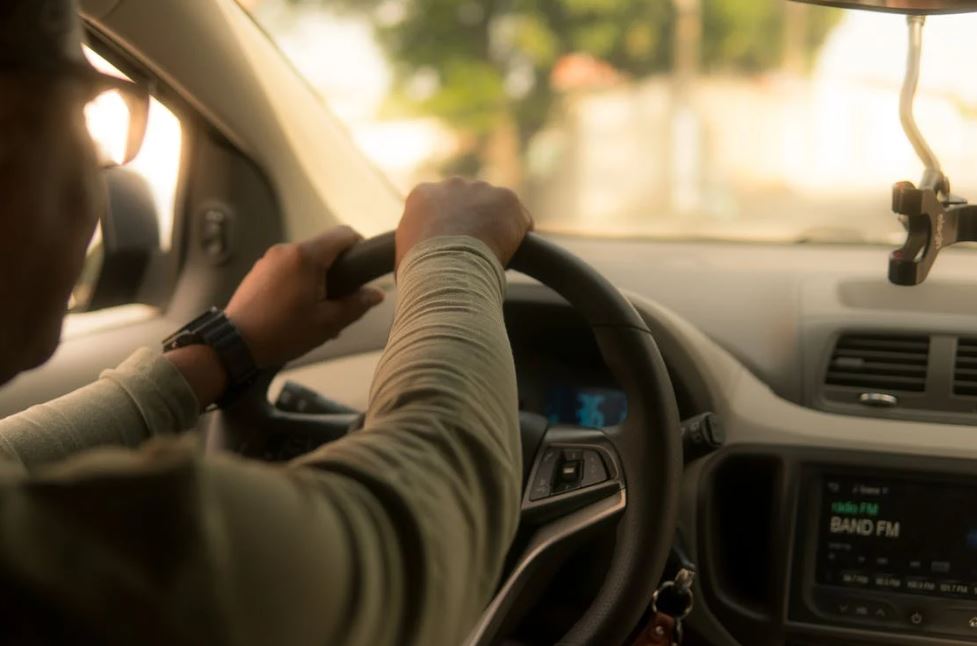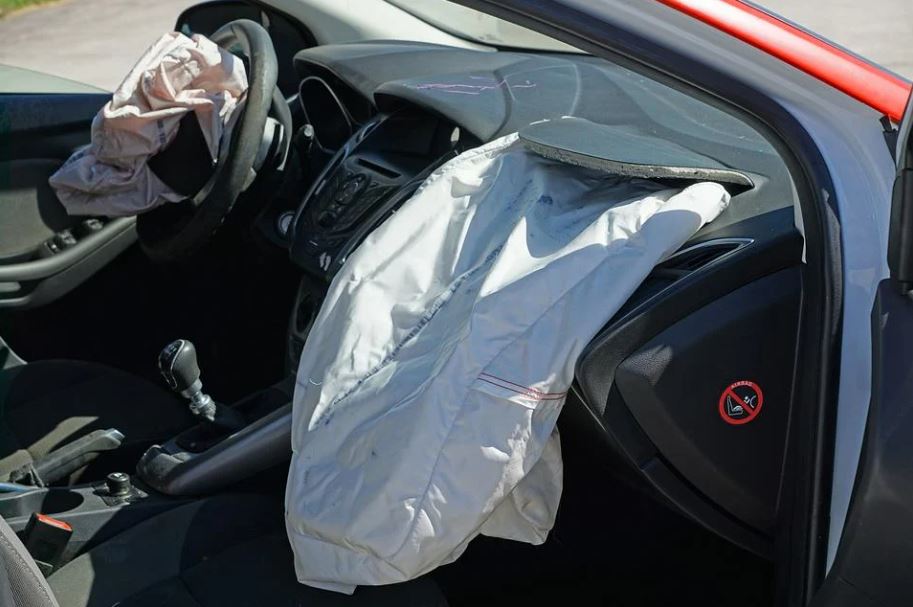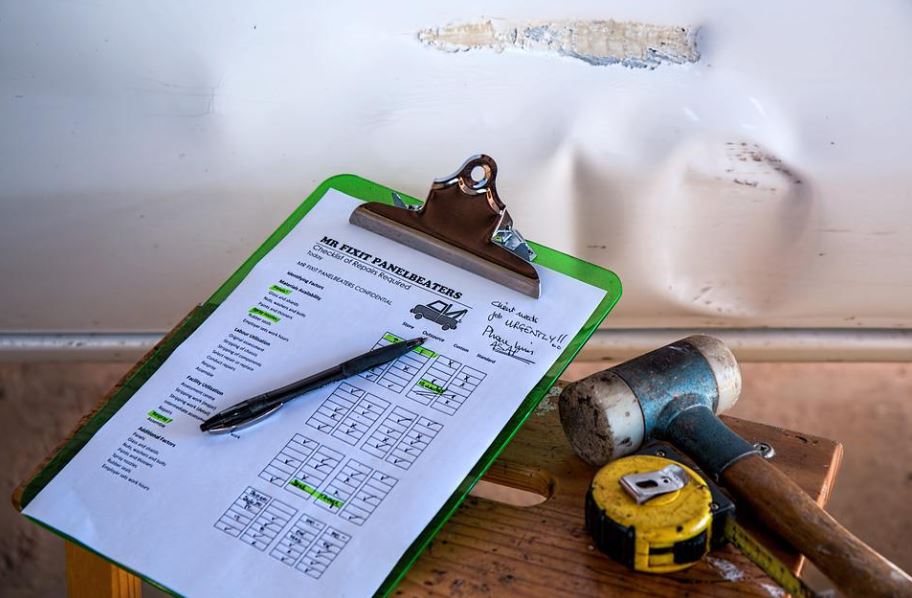Auto insurance financially protects you if you cause an accident by paying the other driver’s medical bills and car repairs. It may also pay to replace or repair your car if it is damaged or stolen, depending on your coverage.
For auto insurance, Texas has a Consumer Bill of Rights. When you renew or purchase an insurance policy, your insurance company will provide you with a copy of the bill of rights. These requirements, however, are merely minimums, and there is no guarantee that they will cover all of the repairs and recovery costs if you are injured in an accident.
Although Texas does not require drivers to have uninsured and underinsured motorist coverage, it is a good idea to include it in your policy. This coverage protects you if you are injured in an accident incurred by a driver who is either uninsured or has insufficient coverage to cover the damages.
If you’re moving to Texas, continue reading to learn about the insurance requirements in the Lone Star State.
Is Auto Insurance Necessary?
Texas law mandates drivers to show proof that they can pay for the damages caused by their actions. The majority of drivers accomplish this by purchasing auto liability insurance. When you’re at fault in the accident, liability insurance pays to replace or repair the other driver’s car or other damaged property and other people’s medical expenses.
Your lender will demand comprehensive and collision coverages if you still owe money on your car.
Proof of Insurance
In addition to purchasing adequate auto insurance in Texas (at the very least, 30/60/25), you must also show proof of insurance if the police request it. Police officers who stop you for a traffic violation will request proof of insurance and your license and registration.
It’s also necessary to show proof of insurance if you’re in an accident, register your vehicle and obtain a Texas driver’s license, or renew either your license or registration. As part of your yearly vehicle inspection, you must show proof of insurance.
Your insurance company will give you identification cards when you purchase car insurance. You should immediately place these in the glove compartment and leave them there so you can access them in the event of an accident or if a law enforcement officer requests to see them.
Texas Insurance Coverage Types
While the state minimums are pretty simple, more insurance means more protection in the event of an accident, so understanding your coverage options further than the state minimum requirements can be beneficial. Depending on the amount and type of insurance you have, your insurance company (or the at-fault driver’s insurance company in the case of an accident you didn’t cause ) may pay for car repairs, a rental car, medical bills, court fees, and other costs.
Before going on a Texas road trip, you must first know the different insurance coverages they provide. Knowing the various types of coverage can assist you in deciding what insurance to purchase and navigating the insurance system in the case of an accident.
Liability Coverage
In Texas, liability coverage is all legally required; it pays for costs such as funeral expenses and medical bills, along with pain and suffering compensation and lost wages in the event of a serious injury. It also covers property damage, such as replacing or repairing a damaged vehicle and paying for a car rental while repairs are being made.
Collision Coverage
When you fund the purchase of a new car, your lender will require this type of coverage. It protects you if the vehicle is damaged while you still owe money on it. This form of coverage will pay out the lesser of the car’s actual value, the amount required to repair or replace it, or the amount listed on the insurance declaration page.
Comprehensive Coverage
Comprehensive coverage is like collision coverage in that it pays for the cost of repairing or replacing your car in situations other than a collision, such as if it was stolen or damaged by hail, vandalism, or other non-collision events.
Underinsured/Uninsured Motorist Coverage
If you’re in an accident involving a driver who does not have insurance, this will compensate you for property damage and bodily injury. Although Texas law necessitates insurance, many drivers disregard the requirement, which can be an additional layer of protection.
Other insurances are available, so it’s critical to research and know your options before purchasing. If you were in a car crash and require experienced legal counsel, consider speaking with a car accident lawyer who can explain how insurance affects your legal options.
Purchasing Auto Insurance
Purchasing auto insurance is similar to purchasing any other major item. Searching for the policy that best fulfills your needs and fits your budget is a smart idea.
Determine the Amount of Liability Coverage Required
Because of the high car prices and medical care costs, the minimum amounts may not be enough to cover all of the costs if you are at fault in an accident. Other drivers may sue you for the difference. Consider purchasing more than the bare minimums to protect yourself.
Determine What Other Coverage You Require
Liability insurance doesn’t cover the cost of repairing or replacing your car or treating your injuries. Other types of coverage to consider include the previously mentioned coverages, medical payments, and personal injury protection, which pays for medical bills, 80% of lost income, and the price of a caregiver for an injured person.
Request Price Quotes from Several Companies
Get price quotes and compare policies. It also includes information about a company’s financial rating, complaint history, and recent rate changes to assist you in finding a good company at a good price. Once you’ve narrowed down your options, contact them for price quotes.
Examine a Company’s Complaint History
A company’s complaint record, measured by a complaint index, is a good way to evaluate its customer service. A value of one is considered average.
A number less than one means that the company receives fewer complaints than the typical insurance company. In contrast, a number greater than one indicates that the company receives more complaints than the average.
Choose a Deductible
A deductible is money you must pay before your insurance company pays you. For example, if you have a $1,200 claim and a $500 deductible, the insurance company will pay you $700 and deduct $500. Your premium will be lower if the deductibles are higher.
Inquire About Discounts
Most businesses will give you a discount if you reduce your chances of losing money. Taking driver’s education or defensive driving courses, having over one car on a policy, maintaining a good driving record, and having other policies with the same company are all common discounts.
Check the License of the Company
When deciding on a company, ensure its license is updated.
Avoid Coverage Gaps
Never cancel an insurance policy until you have received a written statement or your new policy proving your coverage. If a company turns you down, keep looking. If you have difficulty finding insurance, speak with an insurance agent about getting coverage.





